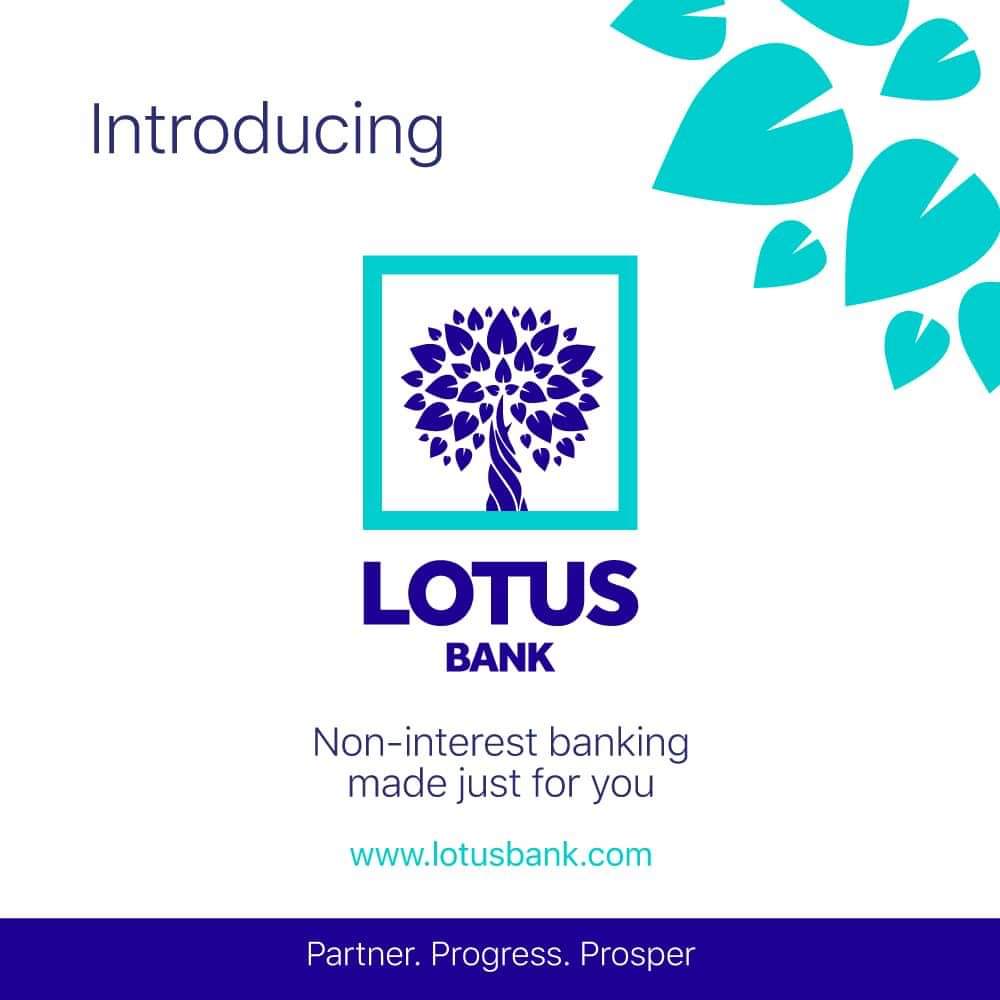NSMP Phase 2: Towards Sugar Self-sufficiency, by Abdullahi W. Yunusa

Nigeria was once on the enviable list of leading sugar producing nation’s within the continent. It is safe to say that the 60s and 70s was Nigeria’s golden era as far was sugar production was concerned. Nigeria took advantage of its sheer productive human population, large arable land, large body of water flowing from Rivers Benue and Niger, and It relied on the competence of expatriates and local sugar experts to become a top player in the sector in the past.
We recall with profound nostalgia, but with a scintilla of regret the glorious days of the foremost and premier sugar company, Nigeria Sugar Company (NISUCO), Bacita, Kwara state, Lafiagi Sugar Company (LASUCO), Kwara state and the Savannah Sugar Company located in the agrarian community of Numan, Adamawa state. These companies were then the pride of the nation and the most sought after by young graduates desirous of building their careers. The sugar sector of that era contributed greatly to Nigeria’s industrialization policy, especially as it relates to growing what we eat and eating what we grow. Sadly, like every other sector in the county in the succeeding years, the sugar industry became a victim of maladministration and bad governance.
But the sad story in the sector changed for the better and showed some flashes of rebirth with the launch of an ambitious, progressive, well-throughout and brilliant 10-year-long policy to drive, revive, reposition, revamp the sector and restore Nigeria’s lost glory as far as sugar production with the continent was concerned. The policy, code named, the Nigeria Sugar Master Plan (NSMP) was birthed in 2012, but actual implementation began in 2013. With the launch of the NSMP, the once comatose, moribund and neglected sugar sector roared back to life as local and international investors picked interest in it.
The sugar policy is anchored on four broad, but distinct standpoints or cardinal objectives which are; for Nigeria to attain self sufficiency in sugar production, stem the rising tide of sugar importation, create job opportunities, generate electricity and produce ethanol for industrial purposes. As captured in the master plan, Nigeria’s annual sugar consumption of 1.7 million metric tones would be met after 10 years. A total of 250,000 hectares would be required for cane cultivation, 28 factories would be established and over 100,000 direct and indirect jobs would be created for Nigerians. A total of four companies signed into the Backward Integration Programme (BIP) of the NSMP. The companies are Dangote Sugar Refinery, BUA Sugar Refinery, Golden Sugar Refinery and KIA Africa Group. These BIP operators have their sites located in states across Nigeria where there are providing jobs for Nigerians and contributing and changing the economic fortunes of their host communities. The Dangote Sugar Refinery has its BIP sites in Numan Adamawa state and in Tunga in Nasarawa state, while the BUA Group has hers in Lafiagi, Kwara state, Golden Sugar BIP is located in Sunti, Niger state while that of KIA Africa is in Bacita, Kwara state.
With the Phase 1 of the master plan which began in 2013 reaching its crescendo in the first quarter of 2023, the Federal government in a rare show of commitment to its economic diversification policy through the promotion of industrialization has graciously approved Phase 2 of the policy, with actual implementation to begin in 2023 through 2033. Briefing newsmen at the end of the Federal Executive Council meeting, Minister of Industry, Trade and Investment, Otunba Niyi Adebayo said, “Today, Council approved the extension of the sugar master plan from 2023 to 2033. That’s for another 10 years. And the whole idea of the sugar master plan is for the development of the sugar industry in order for Nigeria to attain self sufficiency in sugar production”.
“The plan has several policy measures or fiscal incentives to stimulate demand and attract private sector investment in the sugar industry. And part of the benefits of the sector is the local production of sugar. We have under phase 1 four major investors, investing in the industry. These are Dangote Sugar, BUA Sugar, Golden Sugar and KIA Africa Group which bought the Bacita sugar mill. They have jointly created 15,000 jobs and they have over 200,000 hectares of land that has been acquired for the production of sugarcane to enable them produce sugar locally. So, Council approved Phase 2 of the Nigeria Sugar Master Plan”.
Speaking with newsman on the current status of the NSMP Phase 1 and what the NSMP Phase 2 holds for the country while on a scheduled inspection visit to the various sugar BIP sites, the Executive Secretary, National Sugar Development Council, Mr. Zacch Adedeji said, ” like I’ve said elsewhere, the granting of the NSMP Phase2 by President Muhammadu Buhari is a reconfirmation of the trust and confidence that he has in the sector. This singular act points to the fact that Nigerians are pleased with what the Council, our supervising Ministry and operators have been doing with regards to the meaningful revitalization of the sugar sector. To whom much is given, expectedly, much would be expected. We are quite optimistic that a lot would be achieved in this Phase 2 of the NSMP”.
Mr. Adedeji further hinted that, “in line with the expectations of Mr. President and Nigerians, we shall in the shortest possible time attain self sufficiency in sugar production, and subsequently export to countries within the continent. But you know that one of the things that we have in the mandate to do is to assess what has happened in the last 10 years, what are the lessons that we need to include as we begin a new journey come 2023. We shall tinker a bit with what we had in the past. Essentially, our next phase of activities would be anchored on verifiable data and innovation to make our work seamless”.
Meaningful implementation of the master plan cannot be achieved without the inputs of critical stakeholders in the sector. It was in full realization of this fact that the NSDC helmsman, Mr. Adedeji led a delegation from the Council, recently on a courtesy visit to the Governor of Nasarawa state and Chairman, Forum of Governors of Sugar Producing States, Engr. Abdullahi Sule in Lafia, Nasarawa state. He said the guidelines for the implementation of the Phase 2 of the NSMP require the inputs of critical stakeholders like state governors for it to succeed.
“Your Excellency, sir, we are quite pleased with the invaluable contributions of the Forum you chair to the faithful implementation of the Nigeria Sugar Master Plan. We’ve made considerable progress in critical segments of the NSMP, especially as it relates to the refining component of the plan. Our next plan of action is how to replicate the successes recorded in the area of sugar refining in our field and agricultural operations”.
“As you rightly know, the NSMP isn’t about sugar production alone, we count largely on its ability to take millions of our people out of poverty, develop infrastructure and improve the economic status of communities hosting sugar projects. We are quite optimistic about our projections in the sugar industry. We shall rely heavily on the use of verifiable data and modern technology to drive the Phase 2 of the master plan. The sugar sector holds tremendous opportunity for Nigeria and Nigerians in terms of job creation for our youths, increased revenue and general economic prosperity for the nation”.
Without doubt, the journey to self-sufficiency in sugar production isn’t without some bottlenecks, but the NSDC boss, Mr. Adedeji remains optimistic and upbeat that the Council under his watch would put necessary measures in place to ensure that all the lofty economic goals captured in the NSMP are manifestly realized for the overall benefit of Nigerians.
Yunusa writes from Abuja.






